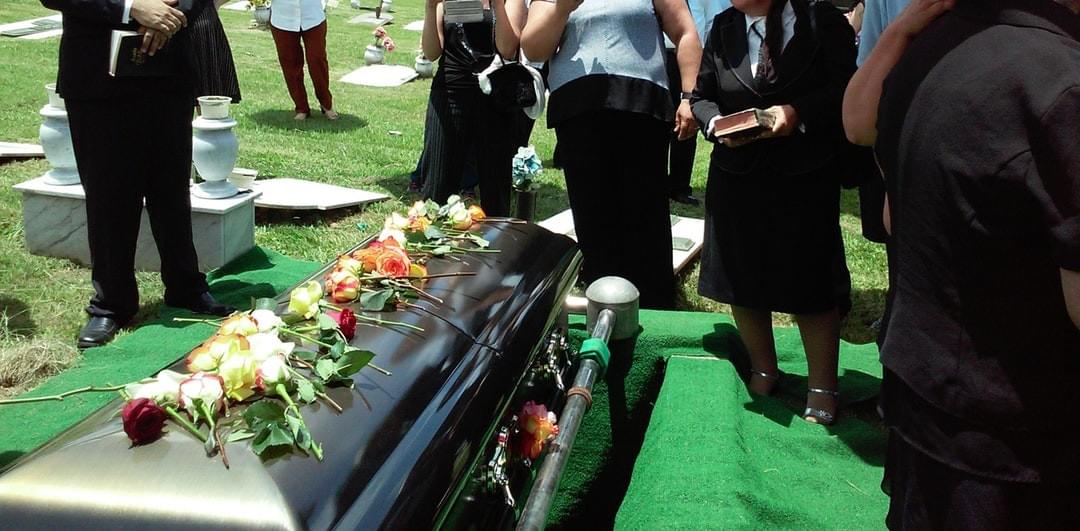
Burial insurance is simply a form of life insurance designed to cover funeral expenses and goods costs following the death of the insured. It is usually purchased online or by phone without first waiting for an in-person insurance company representative to examine the policy. A variety of funeral expenses can arise, including funeral costs, cremation costs or the payment of debts of the deceased. Policies can also pay for damages to the house of the deceased or personal items left at home prior to his/her death. Burial insurance policies can also provide funds to pay the cost of probate in certain situations.
Some individuals may use burial insurance policies as part of their final-expense insurance policies. Burial insurance typically pays all expenses associated with the deceased's burial, which can include the cost of flowers and embalming costs. This policy does not typically pay for debts of the deceased. Death benefits are paid directly to the family of the insured. If a payment plan is established prior to the death, then distribution of death benefits will be made according to the stated plan. Read more about Funeral Insurance.
Policies that pay for burial expenses may provide coverage for the costs of embalming, transportation to and from the cemetery, storage of remains and merchandise, if applicable. Most burial insurance policies require that the covered individual pass a physical exam before benefits are paid. If a terminal illness is diagnosed within 90 days of death then coverage may be discontinued for the individual. Once the individual has passed the exam, burial insurance will resume providing death benefits.
Before purchasing burial insurance, individuals will need to obtain health questions to determine the extent of their health and the likely costs of their burial. In some cases, individuals who are considered high risk may need to work with a licensed medical examiner to determine the extent of their condition and the likely expenses associated with their burial. Some funeral insurance policies do not require a medical exam; however, most do.
When individuals purchase burial insurance they will be given an application that they must complete and return to the insurance company. Applications can be picked up at a local funeral home or by contacting the insurance company directly. Depending on the type of policy, applications can be filled out online or in person. After the application is completed, it will be reviewed. If the application is denied, the individual will receive an explanation from the insurance company. The company will provide an reasons for the denial and will try to resubmit the application.
Individuals will need to provide information for the purpose of the policy, which generally includes details about the insured such as name, date of birth, address and death date. Individuals will also be required to write in any specifics about the circumstances surrounding the insured's passing. Details about the beneficiary will be dictated by state laws. Typically, family members who are not related to the deceased will be entitled to some or all of the proceeds from the burial insurance policy. In most states, surviving spouses will be able to utilize the account to pay any bills, loans or debts they may have accumulated during the years following the passing of the insured. Click to check it out.
See more here: https://youtu.be/HM0R0dXnvjE.